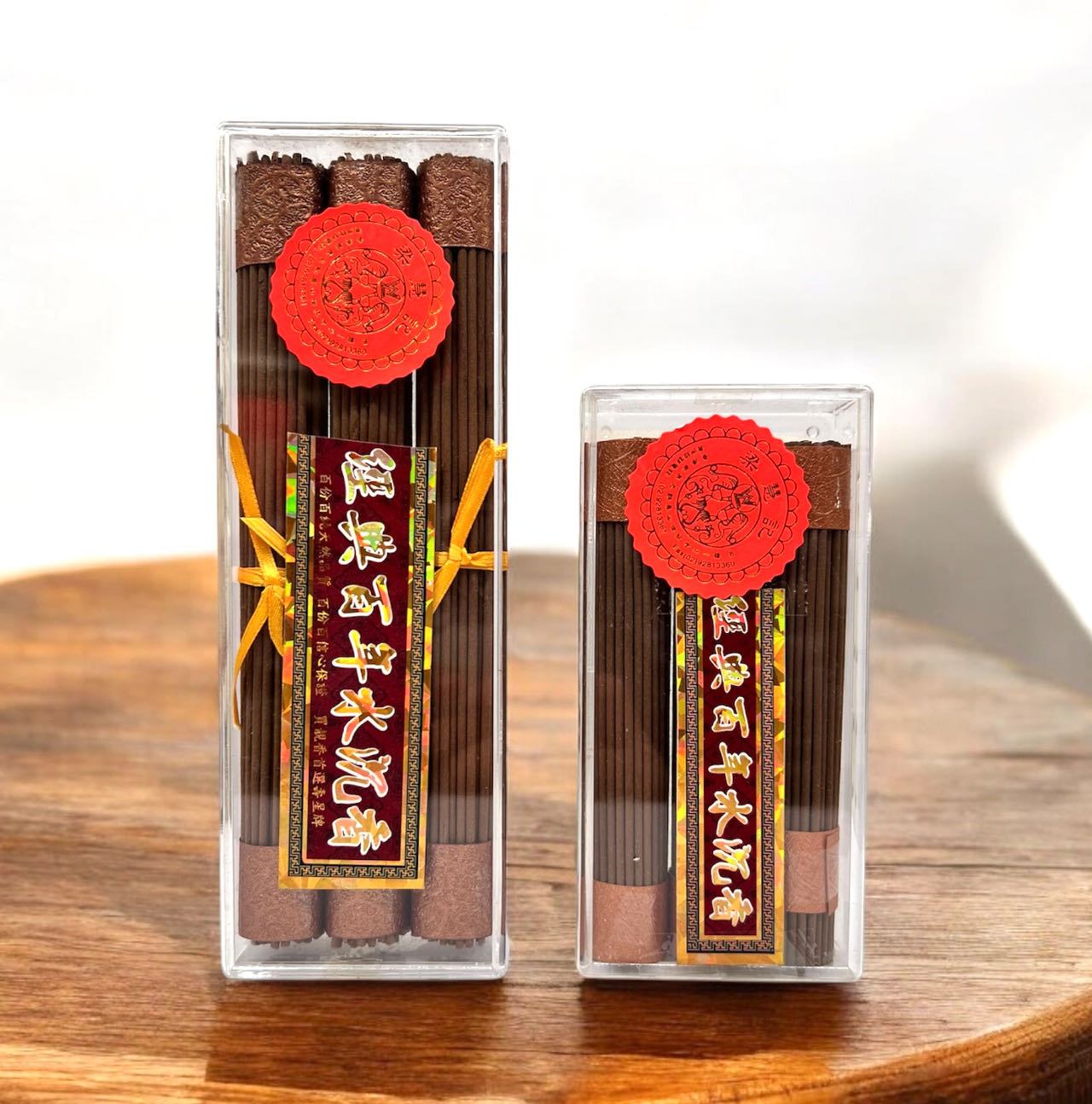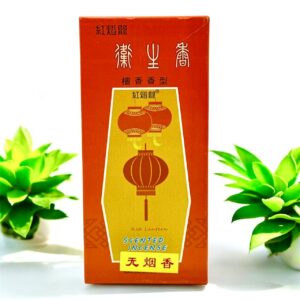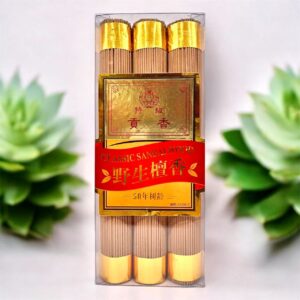Your cart is currently empty!

百年水沉香 Agarwood Incense
百年水沉香 Agarwood Incense
$22.00 – $28.00
Description
What is agarwood?
Since ancient times, agarwood has been known as “one ounce of agarwood is worth one ounce of gold”. Its preciousness is no less than that of gold. Even today, the value of top-grade agarwood has far exceeded that of gold. So what kind of extraordinary charm does agarwood have that makes it so highly respected throughout history, both in ancient and modern times, both in China and abroad?
“Agarwood” does not actually refer to a single type of tree. Instead, any species that can produce agarwood are collectively called agarwood trees. Therefore, agarwood trees are actually a collective name for thousands of species of trees in the Thymelaeaceae family. In addition, unlike sandalwood, agarwood wood itself does not produce fragrance.
These are the effects!
Agarwood is regarded as a precious medicinal material and spice, and its benefits are multifaceted and wide-ranging.
First of all, in the field of traditional Chinese medicine, agarwood can help relieve symptoms such as stomach pain, qi stagnation and wheezing, and promote the functioning of the spleen and stomach and improve indigestion. For vomiting caused by stomach cold, agarwood can warm the stomach and relieve discomfort. In addition, agarwood can promote the circulation of qi and blood, achieving the effect of regulating qi and promoting the flow of qi.
Secondly, the aroma of agarwood can calm emotions, relieve stress and enhance concentration, making it suitable for daily incense appreciation or as an auxiliary tool for meditation and practice. In addition, the fragrance released when agarwood burns is believed to purify the air and drive away evil spirits. It is also widely used in religious sacrifices and feng shui adjustments.
Whether used as a medicinal material or an incense product, agarwood brings harmony and balance to the body and mind with its unique properties.
沉香是什麼?
自古以來,沉香便有「一兩沉香一兩金」的美譽,其珍貴程度不亞於黃金,甚至在當今,頂級沉香的價值已經遠超過黃金。那麼沉香究竟擁有何種非凡魅力,讓它在古今中外都受到如此推崇呢?
「沉香木」指的其實並不是單一一種樹木,而是只要能夠產生沉香的品種,都會被統稱為沉香樹,所以沉香樹實際上大多是瑞香科中上千種樹木的統稱。另外,沉香與檀香不同,沉香木材本身並不產生香氣。
功效有這些!
沉香被視為珍貴的藥材與香料,其功效多方面且廣泛。
首先,在中醫領域中,沉香能幫助緩解胃痛、氣滯和喘息等症狀,並促進脾胃的運作,改善消化不良。對於胃寒引起的嘔吐,沉香能溫暖胃部,減輕不適。此外,沉香能促進氣血流通,達到理氣行氣的效果。
其次,沉香的香氣能安定情緒,具有舒緩壓力、提升專注力的效果,適合日常品香或作為冥想與修行的輔助工具。此外,沉香燃燒時釋放的香韻被認為能淨化空氣、驅邪避煞,也被廣泛應用於宗教祭祀與風水調節中。
無論是作為藥材還是香品,沉香都以其獨特的特性,為身心帶來和諧與平衡~
百年水沉香 12厘米
長度:12厘米, 粗度:2毫米
重: 120克
Agarwood Incense 12cm
Long: 12cm, Thick: 2mm
Weight: 120g
百年水沉香 18厘米
長度:18厘米, 粗度:2.2毫米
重: 170克
Agarwood Incense 18cm
Long: 18cm, Thick: 2.2mm
Weight: 170g
Additional information
| Weight | N/A |
|---|---|
| 綫香 | 12厘米 12cm, 18厘米 18cm |





Reviews
There are no reviews yet.